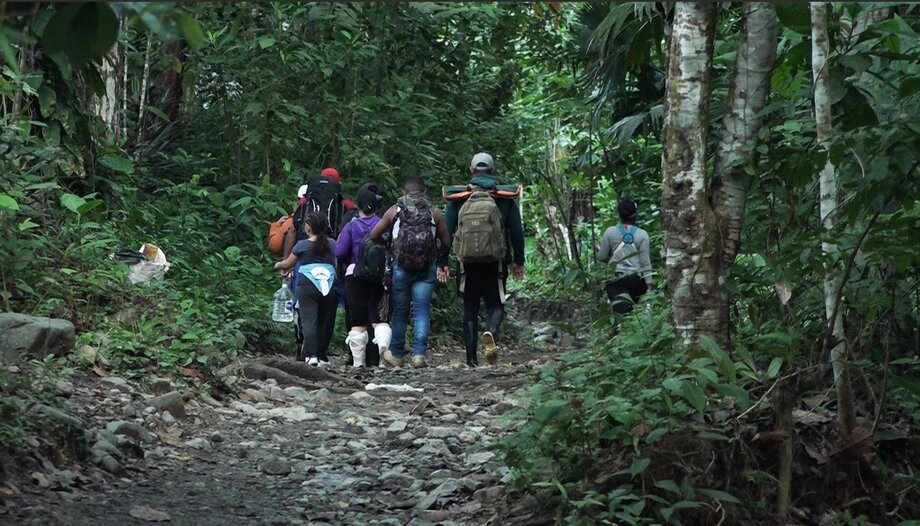On July 7, the U.S. Department of Homeland Security (DHS) announced the implementation of new reunification processes for family members of U.S. residents originating in the United States. ColombiaEl Salvador, Guatemala and Honduras. Citizens living in those countries, whose family members have previously requested their presence in the U.S. for family reunification purposes, may be eligible to obtain a temporary stay permit while awaiting their permanent residency documents.
According to DHS, these permits will be granted "on an individual and temporary discretionary basis when it is demonstrated that there are urgent humanitarian or public benefit reasons and it is proven that the beneficiary deserves it," the U.S. authorities indicated. The legal processes for family reunification, depending on the legal situation of each person in the US, are usually very complex and obtaining a permit for a family member living abroad can take several years or even decades, depending on the country of origin and the legal status of the petitioner in the US.
The objective of this and other immigration programs, recently implemented in the current administration, is to expedite some processes and reduce undocumented migration, which, except during the pandemic period, has multiplied to unprecedented levels, particularly of people from Mexico and Central America.
This new immigration initiative was welcomed by the U.S. bishops. Bishop Mark J. Seitz of El Paso, chairman of the U.S. Bishops' Committee on Migration, said that the new initiative was welcomed by U.S. bishops. U.S. Conference of Catholic BishopsThe family, in addition to being the fundamental cell of society, is one of the foundational values of the U.S. immigration system. "Family relationships contribute decisively to the solid construction of a human society that lives in communion," said Bishop Seitz.
The prelate also pointed out that this and other new immigration proposals demonstrate that the delays in these processes continue to pose unsustainable challenges. The only long-term solution, he said, is comprehensive immigration reform, authorized by Congress: "My brother bishops and I, along with the vast majority of American and civic leaders, know that ultimately the only true and sustainable solution to these challenges is comprehensive immigration reform. It is a difficult task, but not an impossible one," Bishop Seitz concluded.
It is estimated that by 2023, more than 11 million people will be living in the U.S. without the necessary legal permits. Without them, even if they work in the shadow of the legal system and pay taxes, they cannot obtain other basic papers (license, identity card) to access services such as public education for them or social security. The last comprehensive immigration reform in the U.S. dates back to 1986 and was the mechanism through which 2.7 million people who arrived in the country without documents before 1982 obtained legal status.








